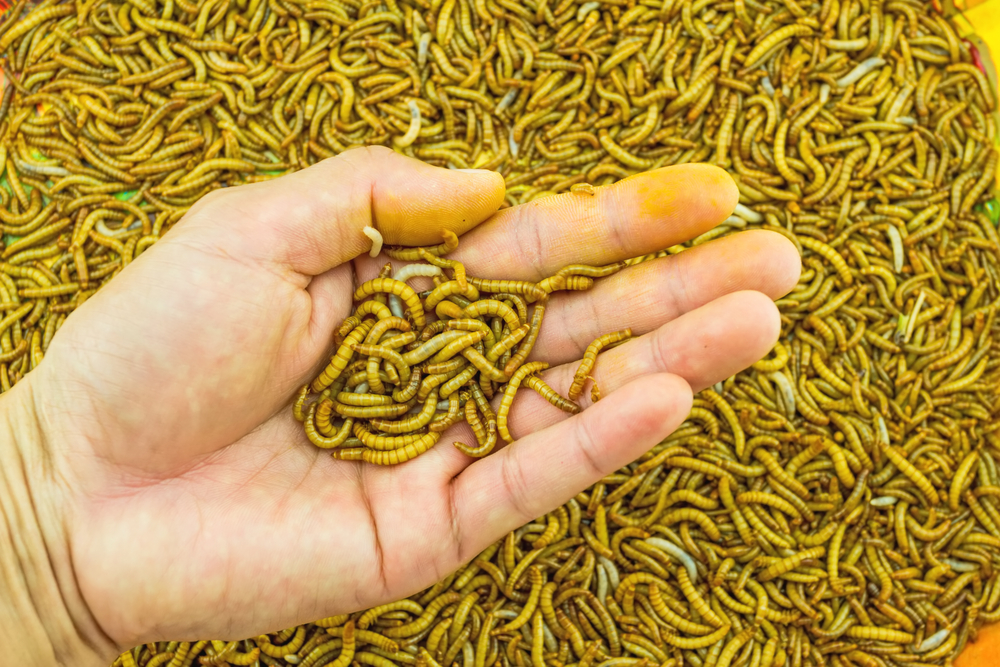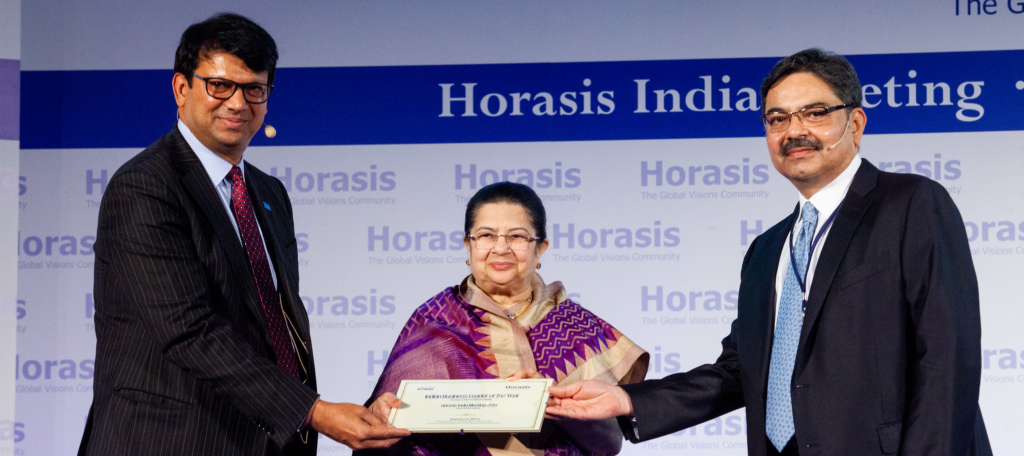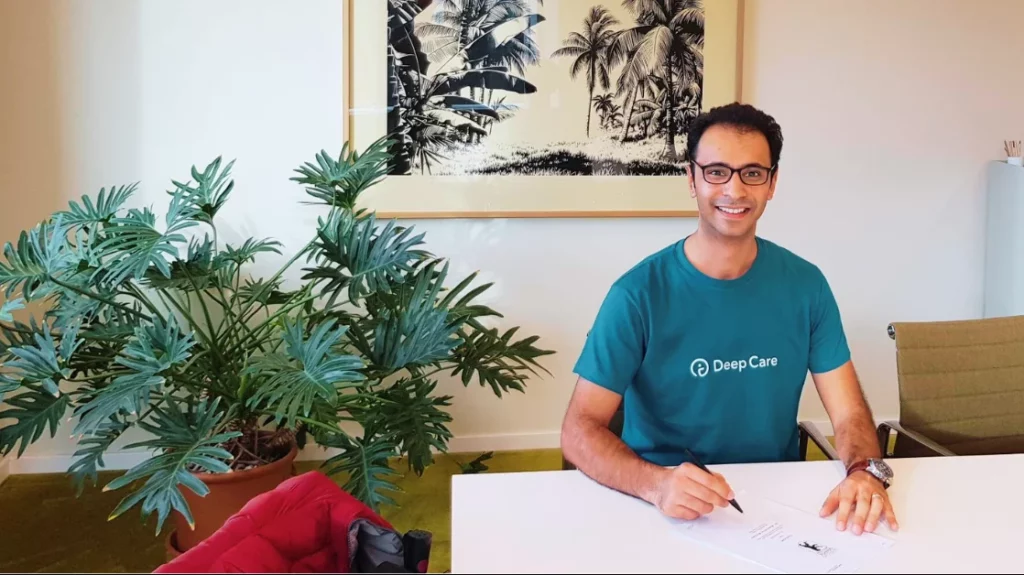Seattle-based startup BetaHatch is growing mealworms on their urban farm to create fertiliser and animal feed.
Founder Virginia Emery is Canadian-born with a Phd in entomology from Berkeley. She spent a year trying to reduce the numbers of Dengue-infected mosquitoes before making a base in Seattle and deciding to grow insects rather than kill them.
Using American-grown organic ingredients, the mealworms are fed on spent grain from brewers in the city, which the company is then paid to take away, Emery told Forbes in an interview. BetaHatch sells the dried mealworms as organic animal feed and sells Frass – or insect feces – as a natural fertiliser creating a zero-waste production line.
Mealworms are incredibly nutritious and are around 50% protein and 20% fat which provide excellent feed for chickens and fish, for whom insects form part of their natural diet. The worms can survive without light and use a fraction of the space needed to grow traditional animal foodstuffs such as soybeans.
Emery spoke to AG Funder News, where she highlighted the potential future of the enterprise.
“We’re not looking to produce insects for human food,” she said. “We don’t have to convince birds and fish that insects are delicious. We love the edible insect space, but ultimately there are many millions to be made in insects as food. There are billions to be made in insects as feed.”
She’s not the only one who believes insects are the future, as earlier this month the company closed an oversubscribed $2.1 million funding round, according to AG Funder News.
Insects have been getting more and more press in recent years, with UK based chain Wahaca selling cheese-covered grasshoppers on the streets of London as just one example. However, even though insects form a regular part of the diet for 2 billion people around the world, many western countries are disgusted by the idea.
This is why there has been such a large drive in research on how insects can have a positive impact on the world without putting them on our plates. It has already been discovered that mealworms are the only known creature that is able to biodegrade styrofoam in their stomach, giving us a way to possibly get rid of one of the most harmful types of pollutants.
Using insects for animal feed could help ease the strain of food production on the environment. Animals generally eat soybean derivatives, which use a lot of water and land to grow, whereas insects use only a tenth of the land, according to Science Mag. The magazine spoke to Elaine Fitches, a researcher at the Food and Environment Research Agency (FERA), who admitted that insect production would never replace soy feed entirely, but it would take some pressure off the land. It takes about a hectare of land to produce a ton of soy per year; the same area could produce up to 150 tons of insect protein, she estimated.
An EU-funded research project called PROteINSECT is carrying out studies on insect production to ensure the safety of feeding them to animals that will subsequently become part of the human food chain. The European Food Safety Association released a report, merely stating that the level of risk depends on the insect used, and more studies need to take place before they can be used commercially.
EU regulations are also causing many obstacles for insect production, as current food regulations required a welfare officer to be present at the slaughter of any animal, a rule that obviously wasn’t created with maggots in mind.
Despite European rules slowing down production, many other companies are getting on the insect bandwagon. BioBee Biological System, an Israeli company, are doing a similar thing to BetaHatch, but with black soldier flies, feeding the larvae to fish and using the insect by-products as fertilizer. The company told Times of Israel that a third of processed animal food comes from fish drawn from the ocean, but this demand is rapidly outgrowing supply as fish populations dwindle.
Bioindustrial company Intrexon and sustainable food producer Darling have also teamed up to create nutritional sustainable animal feed, also from black soldier flies, and Intrexon’s website call themselves largest black soldier fly production facility in the United States.
As the world population increases, more food is needed to feed them, and meat still makes up a huge part of our diets. By creating a foodstuff that requires less space, energy, and water to produce than the standard feed, we might be able to eat meat with a little less guilt. Only time will tell when insects lose their negative reputation and become a regular part of our diets.










